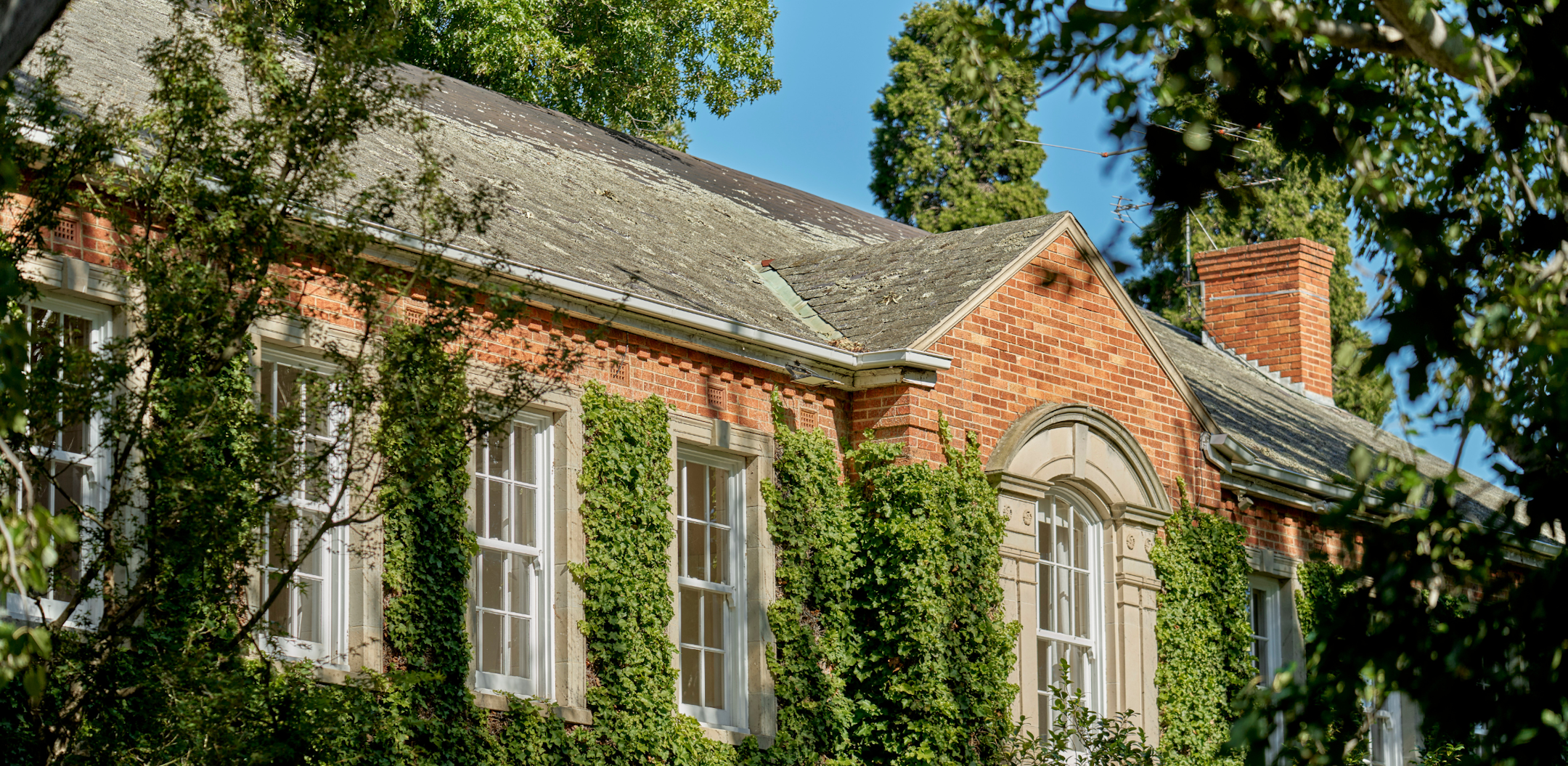As millennials and Gen Z become increasingly active in the Australian housing market, their distinct preferences and values are causing a significant shift in the way properties are bought, sold, and developed. These tech-savvy, environmentally conscious, and experience-driven generations are challenging traditional notions of homeownership and seeking properties that align with their unique lifestyles. In this article, we explore how these younger buyers are influencing the Australian real estate landscape, with a particular focus on the Melbourne market.
Millennials and Gen Z have grown up in a digital world, and their approach to homebuying reflects this. According to a 2021 report by realestate.com.au, 87% of Australian millennials use online platforms as their primary tool for house hunting. In Melbourne, where a thriving tech scene attracts many young professionals, virtual tours, 3D walkthroughs, and digital contracts are becoming increasingly common, catering to these tech-savvy buyers who prioritise convenience and efficiency.
Younger generations are more environmentally conscious, and this is evident in their housing preferences. A 2020 study by the Green Building Council of Australia found that 82% of millennials and 79% of Gen Z buyers are willing to pay more for sustainable features in their homes. In Melbourne, where the City Council has set ambitious targets for reducing carbon emissions, developers are responding to this demand by incorporating green features such as solar panels, rainwater harvesting systems, and energy-efficient designs into their projects.
While previous generations often aspired to own spacious suburban homes, millennials and Gen Z are gravitating towards inner-city living and walkable neighbourhoods. A 2021 report by the Property Council of Australia revealed that 68% of young Victorians prefer living in mixed-use areas with easy access to public transport, shops, and entertainment. This trend is driving demand for apartments and townhouses in Melbourne's vibrant inner-city suburbs.
The rise of remote work, accelerated by the COVID-19 pandemic, has led younger homebuyers to seek properties that can accommodate their work-from-home needs. A 2021 survey by the Real Estate Institute of Victoria (REIV) found that 71% of millennial and Gen Z buyers in Melbourne consider a dedicated home office or study nook essential. Developers are responding to this demand by designing apartments and townhouses with flexible layouts, adaptable spaces, and high-speed internet connectivity to cater to the blurred lines between work and home life.
Millennials and Gen Z are known for their love of experiences, and this extends to their housing choices. Rather than focusing solely on space, these buyers prioritise amenities, community spaces, and access to recreational activities. In Melbourne, younger buyers are drawn to developments that offer shared spaces like rooftop gardens, fitness centres, and communal lounges. This is driving the creation of more lifestyle-oriented communities that build a sense of belonging and connection.
Adapting to these changing demands is crucial to create housing options that resonate with this influential demographic. By embracing innovation, sustainability, and experiential living, the Australian real estate industry will evolve alongside the needs and aspirations of these new generations of homebuyers.




